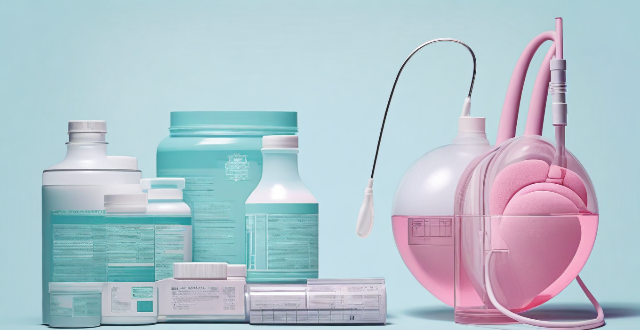Customizing an emergency kit for specific medical needs is crucial for individuals with health conditions. To tailor your kit, assess your medical needs, list down medications, and identify potential complications. Incorporate specialized equipment like diabetes management tools or heart condition medication. Include general first aid supplies, information cards, and instruction manuals. Don't forget communication tools and personal comfort items to alleviate stress during emergencies. Being prepared can significantly impact managing your health in disaster situations.

Customizing Your Emergency Kit for Specific Medical Needs
When it comes to emergency preparedness, having a well-stocked and customized emergency kit is crucial. This is especially true for individuals with specific medical needs. Here's how you can tailor your emergency kit to meet those requirements:
1. Assess Your Medical Needs
Firstly, evaluate what your particular health conditions or concerns are. This could range from chronic illnesses to allergies or even pregnancy.
##### List Down Your Medications
- Prescription Medication: Ensure you have an adequate supply of any prescription medications you take regularly.
- Over-the-Counter Medication: Include pain relievers, antihistamines, and any other OTC drugs that may be necessary.
##### Identify Potential Complications
- Consider what complications might arise from your condition and plan accordingly. For example, if you have asthma, include a rescue inhaler.
2. Incorporate Specialized Equipment
Depending on your needs, there may be specialized equipment that should be part of your kit.
##### Diabetes Management
- If you're diabetic, pack insulin, testing strips, a glucose meter, and snacks that won't spoil.
##### Heart Conditions
- For heart patients, include aspirin, nitroglycerin, and any other relevant medication.
3. First Aid and Emergency Supplies
Apart from your specific needs, ensure your kit has general first aid supplies.
##### Essential Items
- Bandages: Various sizes for different types of wounds.
- Antiseptic: To clean wounds and prevent infection.
- Emergency Blanket: Useful for shock or hypothermia.
4. Information and Instructions
Having the right information can be as important as the supplies themselves.
##### Medical Information Card
- Carry a card with your medical information, emergency contacts, and any allergies.
##### Instruction Manuals
- If you have equipment like a blood pressure monitor or a CPAP machine, include instruction manuals.
5. Communication Tools
In emergencies, being able to communicate is vital.
##### Backup Power Source
- Portable chargers or batteries can keep your phone charged for emergencies.
##### Emergency Radio
- A hand-crank radio can provide updates if traditional power sources are down.
6. Personal Comfort Items
Lastly, don't forget about items that can help alleviate stress during an emergency.
##### Comfort Items
- Pack items that bring you comfort, such as a favorite book or a stress ball.
By carefully considering these aspects and customizing your emergency kit, you'll be better prepared to handle medical situations during an emergency. Remember, being prepared can make a significant difference in managing your health when disaster strikes.